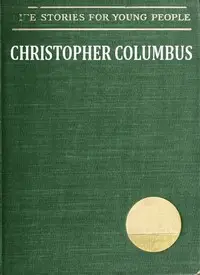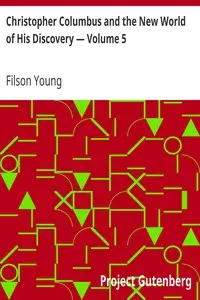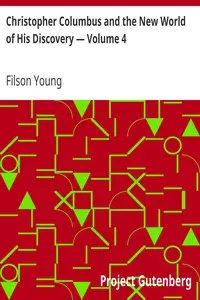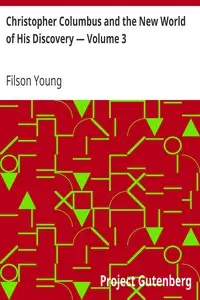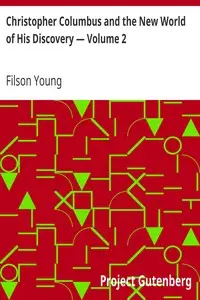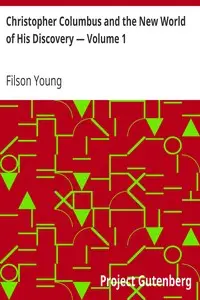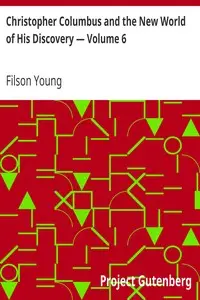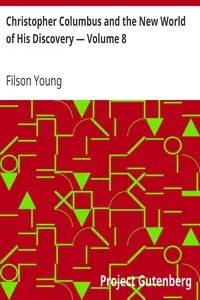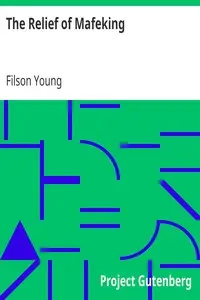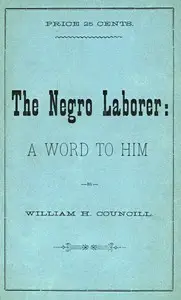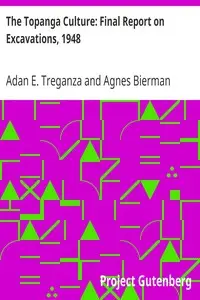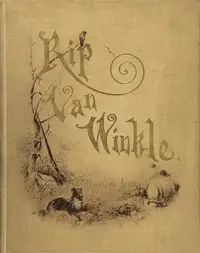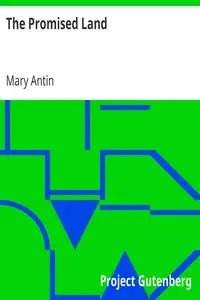"Christopher Columbus and the New World of His Discovery — Complete" by Filson Young is a historical account that explores Christopher Columbus’s life and expeditions, which made Europeans aware of the Americas. It dives into his personality, the social and political environment of his time, and the concept of exploration that characterized his age. The story starts by thinking about the reasons behind the age of exploration and people's desire to discover new things. It begins with a vivid image of a person standing on the shore, fascinated by the sea, representing the longing for the unknown that pushes explorers forward. Young highlights the historical setting, describing the westward movement of human activity, which led to Columbus's voyage. The early parts of the book cover Columbus's childhood in Genoa and give context to his ambitions, suggesting the significant influence of his early life and family on his future as a navigator and explorer. The story combines personal details with historical analysis, preparing readers for a deeper examination of Columbus's voyages and their impact on world history.
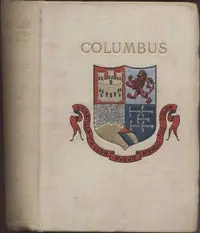
Christopher Columbus and the New World of His Discovery — Complete
By Filson Young
Driven by a thirst for the unknown and a world ripe for exploration, one man's journey across the ocean would forever change the course of history.
Genres
Released
2003-06-01
Formats
epub
mobi
epub (images)
epub3 (images)
mobi (images)
txt
Free Download
Summary
About the Author
Alexander Bell Filson Young (1876–1938) was a journalist from Northern Ireland, who published the first book about the sinking of the RMS Titanic, called Titanic, in 1912, only 37 days after the sinking. He was also an essayist, war correspondent in the Boer War and World War I, a programmes advisor to the BBC, and the author of two novels. Beside his literary work, he was an organist and composer, and a pioneer of motoring and aviation.
Alexander Bell Filson Young (1876–1938) was a journalist from Northern Ireland, who published the first book about the sinking of the RMS Titanic, called Titanic, in 1912, only 37 days after the sinking. He was also an essayist, war correspondent in the Boer War and World War I, a programmes advisor to the BBC, and the author of two novels. Beside his literary work, he was an organist and composer, and a pioneer of motoring and aviation.
Total Reviews
10.0k
Total reviews from Goodreads may change

